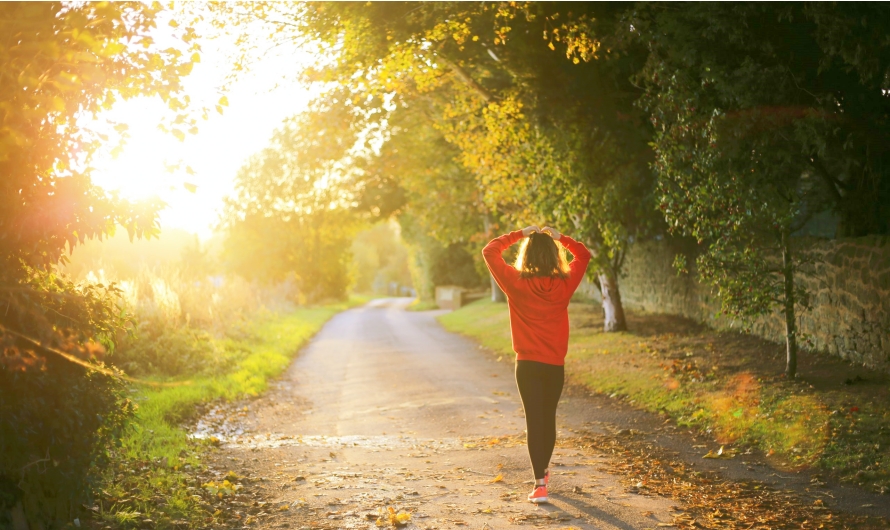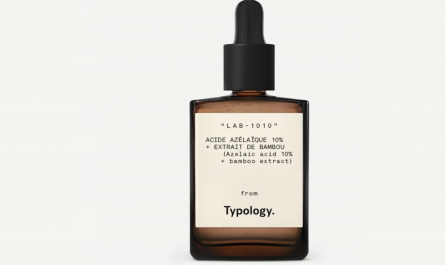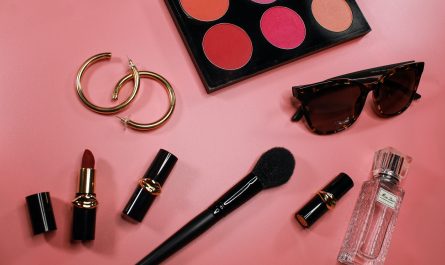Scent is powerfully tied to memory, emotion, and mood. The right perfume can transport you to a vivid place, induce positive feelings, boost confidence, relax your mind, and even make you more attractive to others. Modern scientific research has uncovered just how profoundly fragrance affects the brain, interactions, and overall wellbeing. Read on to understand the many benefits of incorporating perfume into your daily routine.
The Science Behind Perfume’s Impact on Mood
Our sense of smell is directly wired to the limbic system and amygdala, the parts of the brain controlling emotion, behavior, motivation, long-term memory, and feelings of pleasure. When perfume molecules are inhaled, they trigger these areas, releasing neurotransmitters like serotonin and endorphins that lift mood and induce positive emotions.
Studies using EEG tests reveal perfume causes an increase in beta wave production in the brain. Beta waves are associated with a more relaxed yet mentally alert and focused state. Perfume helps stimulate this uplifted but calm mental condition.
The memories and emotional attachments we associate with certain scents also come into play. Smelling a perfume you wore on a first date or special vacation can conjure up vivid memories tied to powerful emotions.
Perfume Boosts Confidence and Self-Esteem
Spritzing on a scent you love provides an instant mood-boost and gives you a feeling of having your life together. Smelling nice is a dimension of self-care that makes you more attractive to yourself and others. Perfume conveys signals about taste, attention to detail, and overall put-togetherness.
Luxurious, sophisticated fragrances also inspire feelings of elegance and class. Like an accessory, the right perfume becomes part of a polished look that communicates style and confidence.
Uplifts and Enhances Your Mood
The pleasant aroma molecules in perfume have a demonstrable uplifting effect on emotions, attitude, and mood. Warm, sweet, flowery, and fresh fragrances release feel-good neurotransmitters that can even act as a natural anti-depressant.
Calming scents like lavender and chamomile promote relaxation and help relieve stress when you’re feeling anxious or overwhelmed. Bold, empowering perfumes boost confidence and self-assurance on days when you need an emotional pick-me-up.
Promotes Better Social Interactions
Human attraction and connection are intrinsically linked to our sense of smell. Studies demonstrate both men and women rate the scent of someone wearing pleasant perfume as more attractive. Olfaction plays a subtle role in our initial impressions.
When you smell enticing, other people subconsciously perceive you as more likeable and approachable. Perfume conveys unique cues about who you are in a positive way. First meetings go smoother when you smell great.
Considerations for Sensitive Skin and Allergies
While perfume benefits many, some individuals have skin sensitivities, nasal allergies, asthma, migraines, and other conditions exacerbated by fragrance. Strong perfumes can even cause headaches, nausea, and breathing difficulties.
If you have sensitivities, avoid heavily scented products. Look for perfume-free and hypoallergenic formulas. Always test fragrances on a small patch of skin first before applying all over. Using perfume sparingly or avoiding overpowering scents can allow you to still enjoy aroma benefits.
Choosing Complimentary Fragrances
No two bodies smell exactly the same in a given perfume. Your natural chemistry interacts with the fragrance notes to produce a unique scent. Test various perfumes over time directly on your skin, not just paper strips. Pay attention to how the scent develops and makes you feel when worn before purchasing. Seek out nuanced, complex fragrances with depth and character that align with your personal preferences. These scents are most likely to delight your nose and mood.
Proper Perfume Application
Where and how much you apply your perfume makes a difference in how the scent interacts with you. Apply lightly to pulse points like the wrists, sides of the neck, and décolletage. The warmth and blood circulation in these areas gently diffuses and projects the perfume.
Use unscented moisturizers, lotions, deodorants and soaps so the fragrances don’t compete or get muddled. If you want more intensity, layer the perfume over its matching scented moisturizer. Reapply perfume after a few hours if the top notes fade but avoid overdoing it.
Considering Occasion and Activities
Your plans for the day impact what type of scent suits the occasion. For everyday errands and casual activities, stick to light citrus, fruity, aquatic, or subtle floral fragrances. Workplaces and professional settings require similarly understated woods, musks, or florals that aren’t overpowering.
Save bold florals, spices, and warm scents for evenings out and special occasions when you want memorable sillage. Don’t wear overtly sexy perfumes to the office or daytime functions. Consider longevity too – lighter colognes for day, richer eau de parfums for evenings out.
Fragrance Families and Characteristics
Common fragrance families include:
Fresh/Citrus – Bright, uplifting scents of lemon, mandarin, lime, grapefruit, and other citrus fruits. Crisp, clean, and revitalizing.
Floral – Feminine, romantic bouquets of rose, jasmine, iris, freesia, and other flowers. Timeless and elegant.
Oriental/Amber – Rich, warm notes like amber, spices, vanilla, resin, and opulent florals. Deeply sensual and seductive.
Woody – Earthy and outdoorsy scents of cedar, sandalwood, pine, oakmoss, and birch. Natural, subtle, and soothing.
Perfume Formulations and Longevity
The concentration of scent oils determines how long the fragrance lasts:
Parfum – Highest concentration of 15-30% fragrance oils. Lingers for up to 24 hours.
Eau de Parfum – 10-20% perfume oils. Lasts 4-8 hours. Most versatile for all-day wear.
Eau de Toilette – Typically 5-15% perfume oils. Lingers around 5 hours.
Eau Fraiche – 1-3% fragrance oils. Light, lasts 1-3 hours. Reapply frequently.
Conclusion
With so many scientifically-demonstrated mood, confidence, and wellbeing benefits, perfume is an uplifting self-care ritual and captivating finishing touch to your presentation. Allow the emotional effects and pleasant aromas to enhance your days and interactions. With a better understanding of choosing and applying fragrances, perfume can be a custom-tailored and rewarding experience.
FAQ
How do I know if a perfume will cause a reaction?
Test by spraying a small amount on your forearm and waiting 10 minutes to see if redness or itching develops before applying all over. Also avoid heavily scented products if you have sensitivities.
Why does perfume smell different on other people?
Each person’s body chemistry interacts with perfume oils uniquely to produce personalized scents. What smells amazing on someone else might not on you. Always test on your own skin.
Is it bad to mix multiple perfumes?
It’s best to layer no more than 2-3 complementary scents lightly. Too many fragrances mix into unpleasant muddy scents. Stick to one perfume at a time for best results.
Where should men apply perfume?
Pulse points like the neck, chest, and wrists. Colognes formulated for men are typically lighter concentrations, so apply a bit more than women’s perfumes.
What scents work for older women?
Light florals like iris, rose, and orange blossom. Anything too overpowering or musky will smell mature. Eau de toilettes and eau de colognes are better concentrations for daytime.




